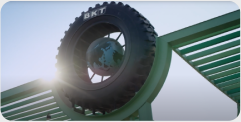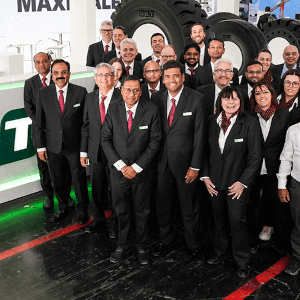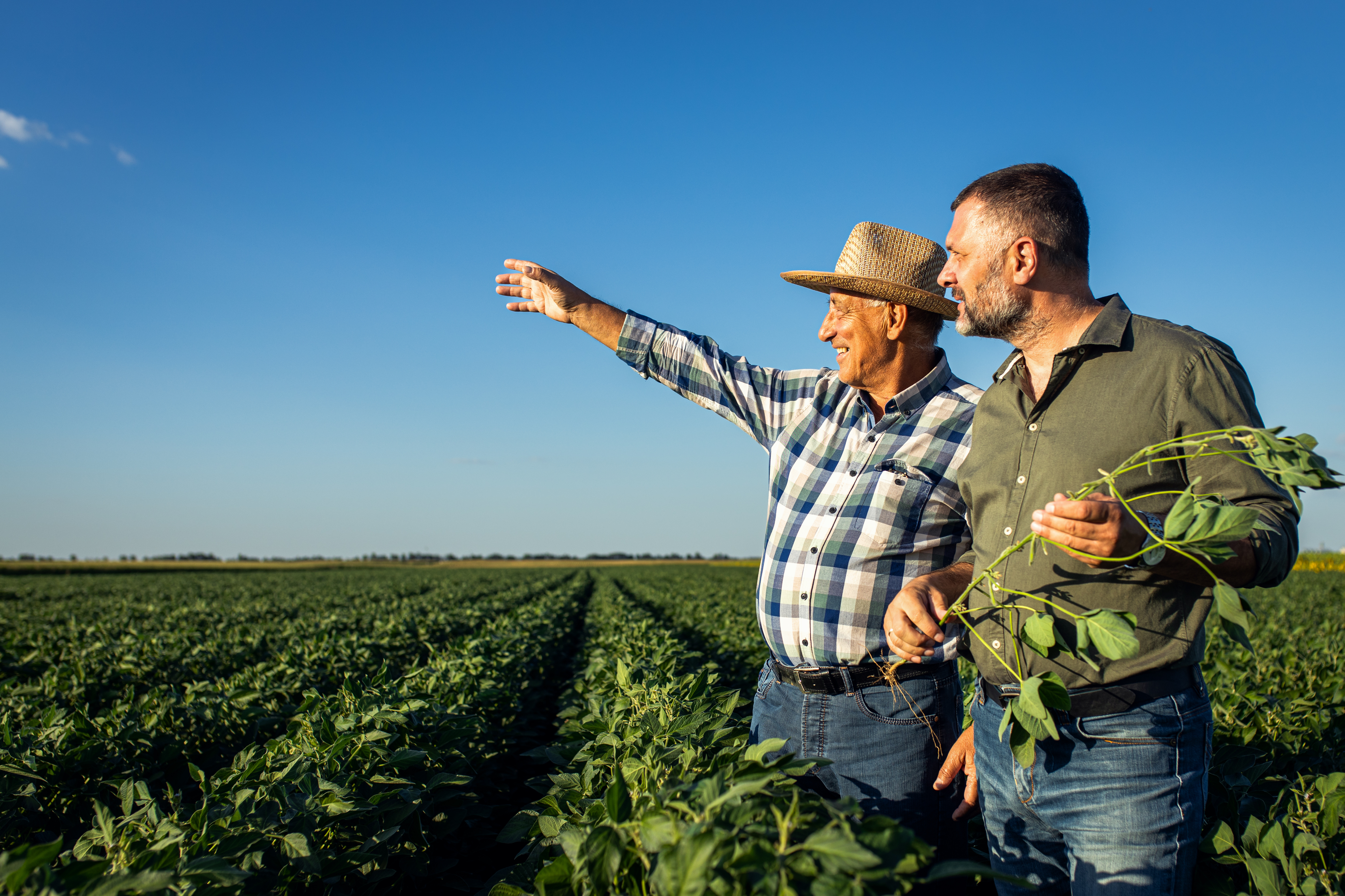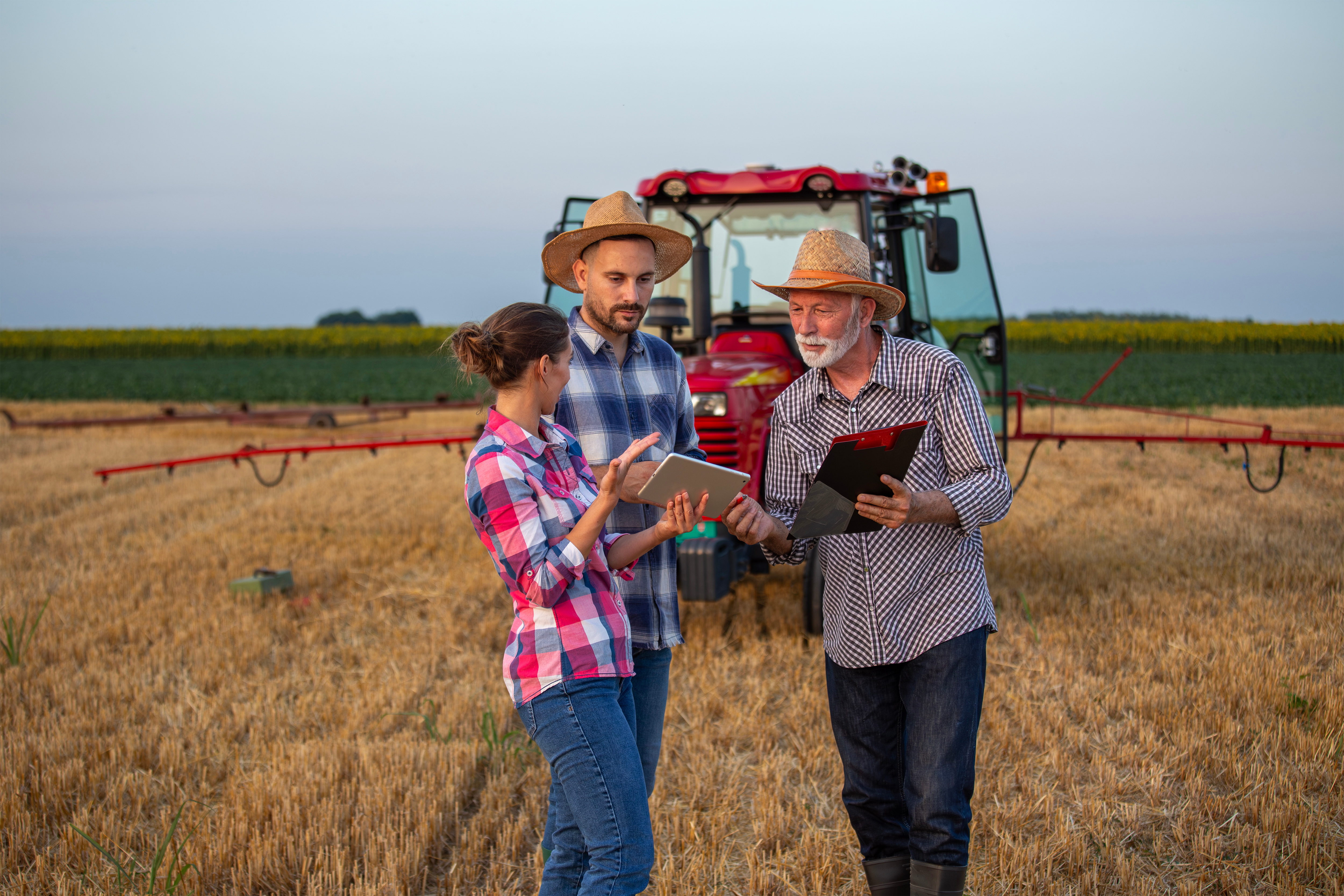
The most welcome news for farmers is the dramatic reduction in paperwork and inspections starting in 2026 (pending final legislative approval by end of 2025).
The small farmer payment threshold increases from €1,250 to €2,500 annually, with simplified procedures that exempt you from complex environmental reporting. Farms under 10 hectares are exempt from certain controls and penalties entirely.
One inspection rule: Your farm can only receive one on-the-spot check per year for all CAP programs combined, representing up to a 50% reduction in farm visits. The EU will increasingly use satellite technology instead of physical inspections to verify compliance.
Organic farm advantages: If you're certified organic, you automatically comply with several environmental standards (GAECs 1, 3, 4, 5, 6, 7) without additional documentation or controls. This streamlines your entire compliance process.
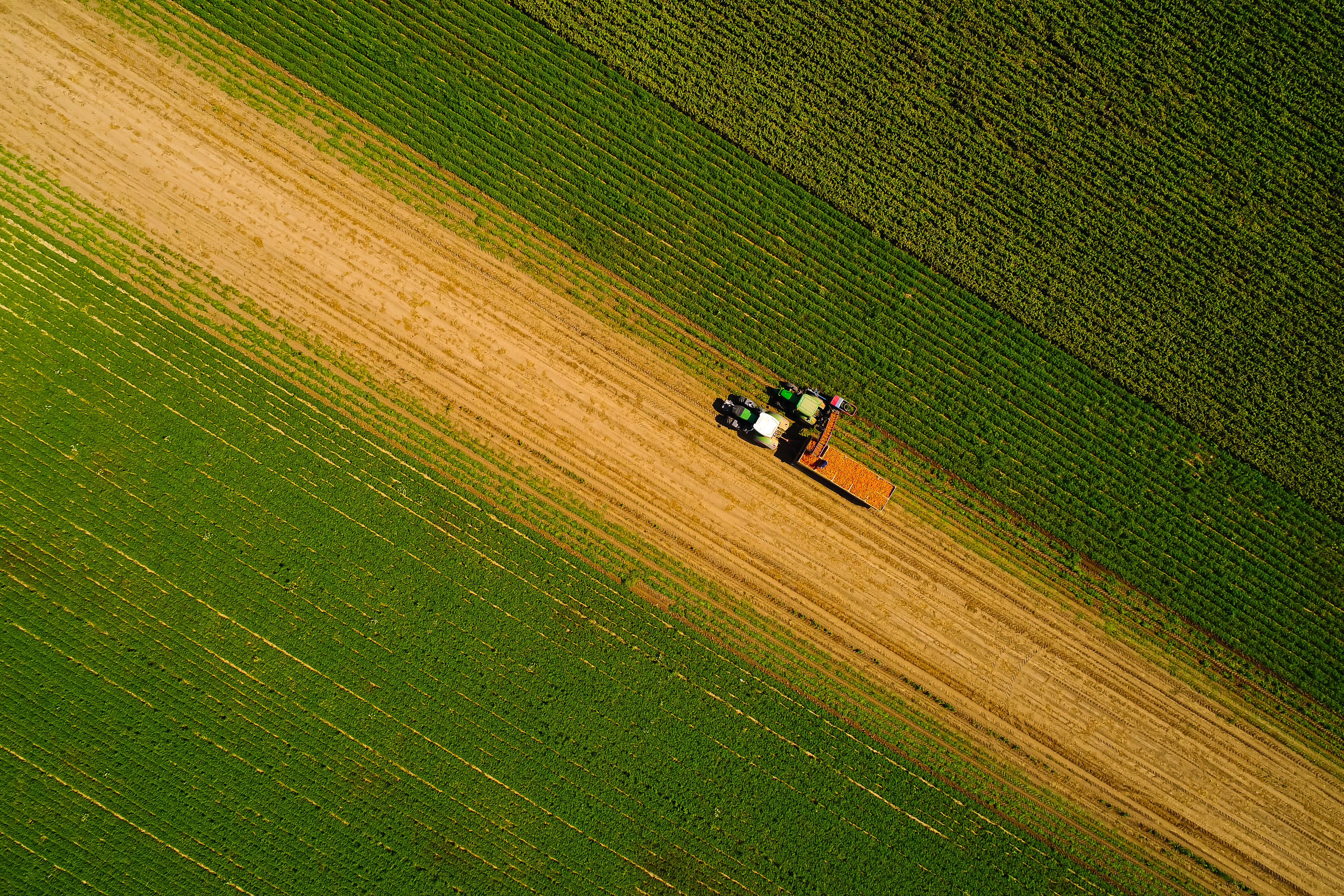
The "Apply AI" initiative specifically helps agricultural companies adopt artificial intelligence and robotics. Priority technologies include precision farming equipment, IoT sensors for crop monitoring, automated harvesting systems, and machine learning for yield prediction.
Practical applications receiving support:
- Precision fertilizer application systems that optimize input costs
- Livestock monitoring devices that improve animal welfare and productivity
- Drone technology for field monitoring and pest management
- Automated irrigation systems responding to soil moisture data
- Predictive analytics for weather-based farming decisions
Contact your national Digital Innovation Hub to test technologies before investing. CAP Strategic Plans in your country include digitalization measures you can apply for directly through your national paying agency. Over 274,000 farms across the EU are targeted for digital farming technology support under current programs.
Think of EU funding in three lanes: (A) CAP/AKIS & EIP-AGRI for on-farm trials and advisory; (B) R&I and digital calls (Horizon Europe, Digital Europe/GenAI4EU); (C) Finance/loans (EIB/InvestEU) via local banks.
A) CAP & AKIS (national level, farmer-friendly)
- What: Advisory, demo farms, cross-visits, and Operational Groups tackling practical farm problems.
- Where to apply: Your national CAP Network or regional paying agency website (each Member State runs its own calls and vouchers). CAP Network
B) Horizon Europe & Digital Europe (competitive, consortium-type)
- Horizon Europe – Cluster 6 (Food, Bioeconomy, Natural Resources, Agriculture & Environment): funds pilots and innovation actions; farmers often join consortia via co-ops/advisors. Apply on the EU Funding & Tenders Portal; see the 2025 work programme for topics. Research and innovation European Research Executive Agency
- GenAI4EU / Digital Europe: first wave of calls to integrate generative AI in strategic sectors, with more DIGITAL calls in 2025–27. Applications also go through the Funding & Tenders portal; Digital Innovation Hubs can help SMEs prepare. Digital Strategy Europe+1 BayFOR
C) Loans & guarantees (via your bank, faster to access)
- EIB Group agriculture & bioeconomy: dedicated envelopes for farm investments (kit, energy, young farmers), often blended with national guarantees. You apply through participating local banks/credit co-ops; ask your bank about EIB/InvestEU-backed SME loans.
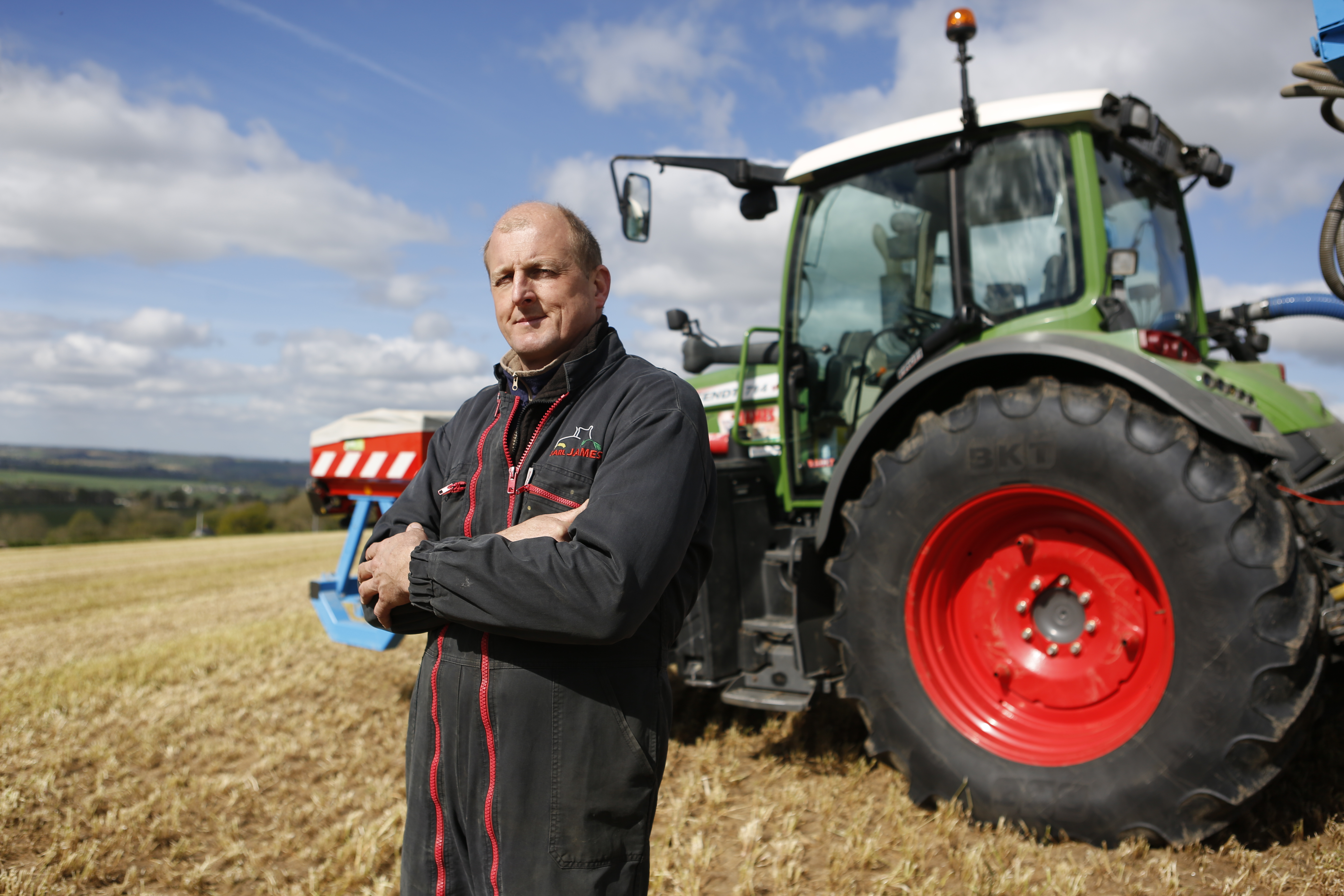
The Competitiveness Compass is an ambitious vision, but it’s also a practical plan that will unfold in the coming years. For farmers and agribusiness owners, it’s reassuring to see that agriculture is part of this vision – recognized not just as a traditional sector to support, but as a dynamic industry key to Europe’s future.
In the months and years ahead, keep informed through official channels about new funding calls, pilot programs, or policy changes stemming from the Compass. The European Commission’s agriculture and rural development portals (and your national agricultural ministry) will publish details on how initiatives are being implemented – whether it’s a new grant for farm innovation or a simplification of a burdensome rule. And of course, I will inform you through this newsletter of any major news.
The EU’s Competitiveness Compass is good news for farming. It means the higher-ups in Brussels are looking to empower farmers with tools, funds, and fair rules to succeed in a changing world.
In the next article we will provide you some guidelines to help you discovering how to access fundings and to experimentation of new technologies via Horizon Europe, thanks to the participation in European projects as partners.
Written by Rocco Limongelli, expert in AI & Robotics.
